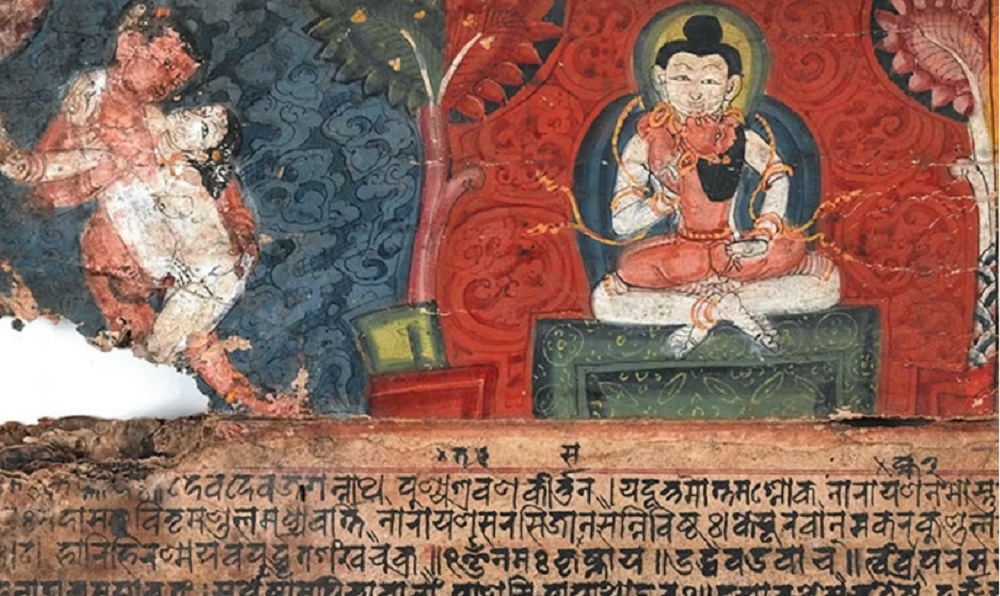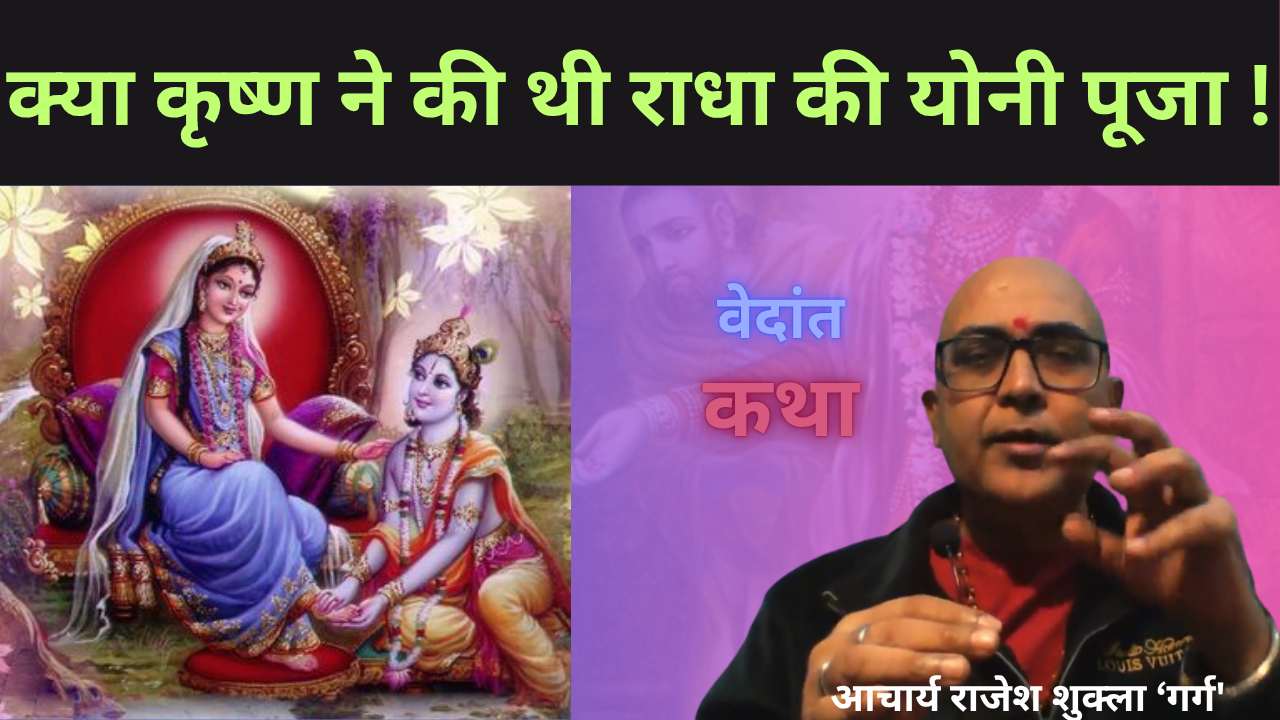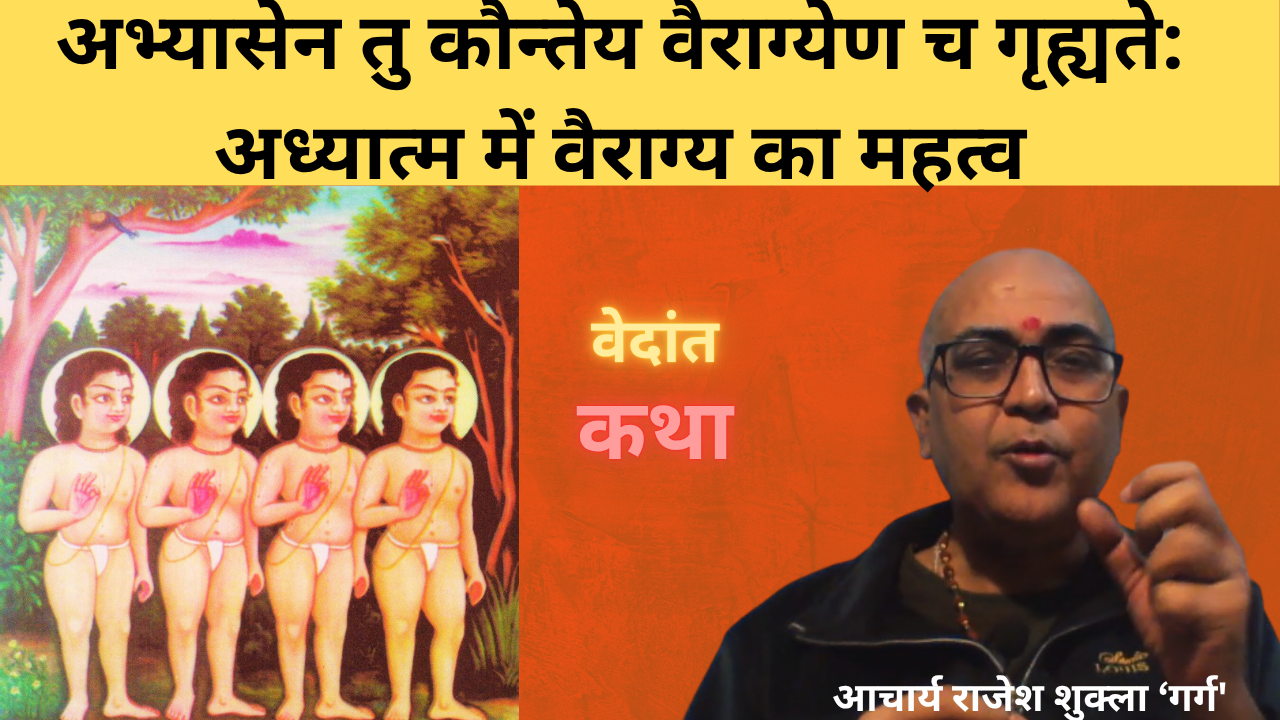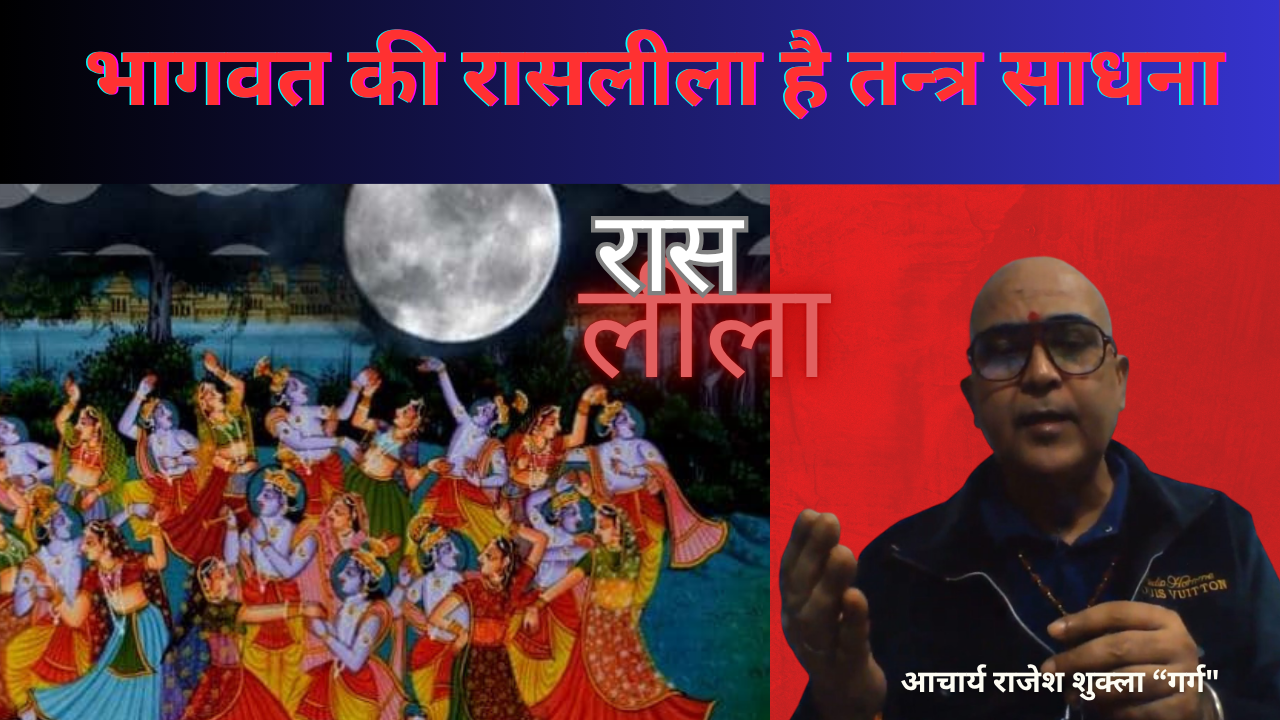
The Sixth Dalai Lama was a Tantric, He rejected monastic life of Vajrayana TANTRA for alcohol, archery, and women. After a troubled childhood, he also died young, which is part of the legend that makes these poems so popular in Tibet.
1-
Above eastern mountains
Shone forth the moon, bright white.
Unborn mother – her face,
Circled before my mind.
[ Over the eastern hills rises
The smiling face of the moon;
In my mind forms
The smiling face of my beloved – Dhondup ]
2
Green shoots planted last year
Today are stacked as straw.
Young man’s body, growing,
Firmer than a horn bow.
[Bow made of yak’s horn…
The expression gyong ba (“firmer” here) can also carry with it here a sense
of ‘stiffer’, as well as ‘harder’, ‘stronger’ and ‘tougher’.]
3
If she who stole my heart
Were to become my wife
Like landing a jewel
Drawn from the ocean’s depths.
[ If only I could wed
The one whom I love,
Joys of gaining the choicest gem
From the ocean’s deepest bed would be mine – tr. K. Dhondup ]
Girl with the fragrant limbs
A love met in passing
Girl with the fragrant limbs
Like finding rare turquoise -
And throwing it away.
5
Lady, a Lord's daughter -
When I saw such a peach,
She was like a ripe fruit,
In the topmost branches.
[The peach is a rare and exciting luxury in Tibet. It has an unblemished soft,
smooth, downy fair skin. At least, this one does. It is beautifully curved
with exciting and suggestive indentations. = aristocrat woman... But she is
a peach just out of reach.
The only lover of the 6th DL of whom we know the details was indeed such an
aristocratic peach. She was a daughter of the Regent of Tibet himself. [This
regent, after the 5th DL, is widely believed to have been his son.] We do
not know if this poem refers to her. (for she was not out of reach, though
the unavailability could be social and political, not personal).]
[ Dhondup's version has "landlord" instead of "lord" and this quite changes
the complexion of the poem:
Longing for the landlord's daughter
Blossoming in youthful beauty
Is like pining for peaches
Ripening on the high peach trees - K. Dhondup]
6
So out of mind with love
I lose my sleep at night.
Can't touch her while it's day -
Frustration's my sole friend
7
Flowering's time has fled -
The turquoise bee grieves not.
Finished fortune of love -
I too shall not lament.
[and out of love is as natural and inevitable as the change of the
seasons. 'Flowering 's time' is essentially the spring, the season par
excellence for love in Indo-Tibetan literature.
Likewise the relationship between the bee and a flower is also a common image
of lovers, boy and girl respectively. It looks like the Dalai Lama holds that
a bee takes what he needs from the flower. He then leaves it.
A vivid awareness of impermanence, with its inevitable death, is a central
facet of Buddhism. The death of love, as the death of lovers, is nothing to
lament.]
[ Spring flowers fade in the fall;
It is not for the turquoise bees to mourn.
I and my sweetheart are fated to part;
It is not for us to cry - Dhondup]
9
Wild goose, pining for fens
Hoped to remain awhile.
On the lake mere ice sheets.
Hope too flew far away.
Prayer flags on a willow
For my love from childhood, Prayer flags on a willow. Guardian of Willows, Sir, please do not throw stones! p.72 [Lhasa has many willow trees, and like the parks of modern Western cities they are good places for lovers to meet. Perhaps partly for this reason, the willow tree also becomes a Tibetan symbol of love. On to such a tree Tsangyang Gyatso has installed prayer flags. Prayer flags have religious formulae (e.g. mantras) on them. They are flown ostensibly in order to remind people of religious aspirations like compassion, and to purify spiritually the environment. But among Lhasa officials is a Guardian of Willows. The Dalai Lama politely begs him to keep quiet about it all, and not to throw stones at their prayer flag.] 13 Small black letters, written Vanish with water drops. Mind pictures, unwritten, Though effaced, will not fade. 15 Gorgeous hollyhock blooms, If given in worship, I, too - young turquoise bee - Take me to the temple!
-Translated by Paul Williams









